Coproduce
research
results
with underrepresented members
At IncluDE, researchers and underrepresented minorities work together to promote demand-driven and user-driven research and development.
What is the Center for Coproduction of Inclusion, Diversity and Equity (IncluDE)?
IncluDE adopts a participatory approach, anchoring its activities in the unmet needs of individuals with lived experiences of marginalization, exclusion, and discrimination. This collaborative process is designed to coproduce academic excellence and cultivate an inclusive campus environment. By integrating diverse research areas and practices, IncluDE aims to ensure equitable inclusion of diverse populations on campus, with a specific focus on advancing gender and disability equity.
IncluDE stands at the heart of UTokyo’s commitments stated in UTokyo Compass, the guiding principles of the university. Our mission is clear: to achieve gender equity and disability equity, enabling every individual, regardless of their background, to thrive and contribute. We believe in a world where diversity is not just accepted but celebrated as a source of strength, creativity, and innovation.
At IncluDE, we believe in the power of “coproduction.” This means that your voice, your ideas, and your dreams are not just welcomed—they are essential.
Our motto, “Nothing about us, without us!,” is a testament to our commitment to ensuring that every member of our community is an active participant in shaping the future of our campus and beyond.
01
Coproduce
research
results
with underrepresented members
At IncluDE, researchers and underrepresented minorities work together to promote demand-driven and user-driven research and development.
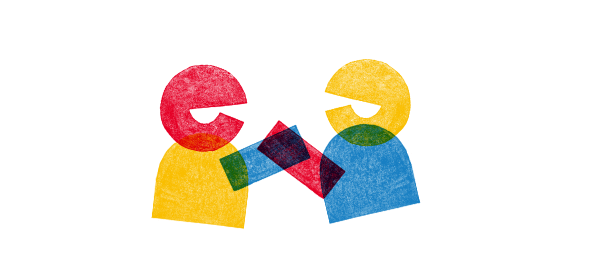
02
Achieve a virtuous cycle of synergy between research and practice
IncluDE aims to simultaneously utilize the latest research results that can contribute to resolving problems in implementing support, and to gather information and analyze the needs of underrepresented and marginalized members both inside and outside the university for application to further research. This approach not only enhances the implementation of support services but also fosters innovative research that is responsive to the evolving needs of the communities concerned.
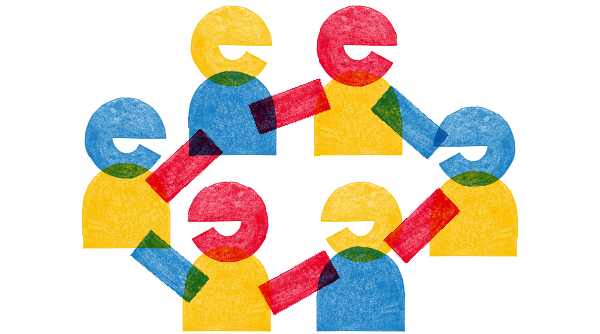
03
Achieve gender equity
The University of Tokyo has historically faced a serious gender imbalance, where the vast majority of the student body and faculty are males. IncluDE endeavors to create a campus where gender diversity is embraced, enabling all individuals to thrive. IncluDE is dedicated to making substantial contributions to gender equity in Japan and the world.
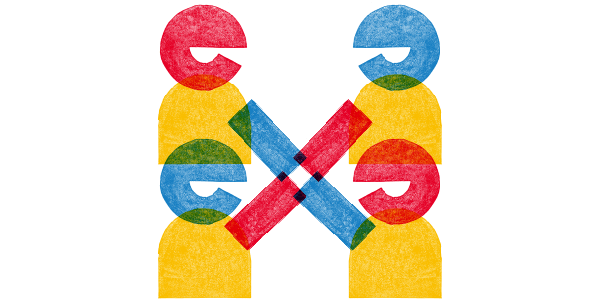
04
Provide a seamless support system that covers every stage of life
IncluDE provides a seamless and comprehensive support system that caters to the needs of students, staff, and faculty members at every stage of their lives.

05
Respond to the needs of contemporary intersectionality
In today’s society, discrimination is multifaceted, with various elements such as gender, sexuality, disability, and ethnicity intertwining to create complex forms of discrimination. IncluDE addresses the specific challenges that arise at the intersection of multiple axes of discrimination, such as those faced by women with disabilities and non-Japanese individuals with LGBTQ+ identities. By acknowledging and addressing the nuances of intersectionality, IncluDE aims to provide targeted support and foster an environment that is inclusive and equitable for all.
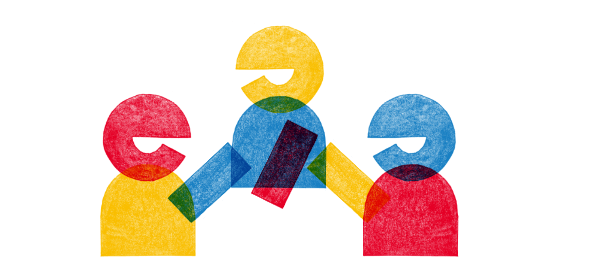
With these goals, the DEI Implementation Division of IncluDE works towards a better campus environment and provides support with an integrative administrative structure. In addition, the DEI Research Division brings together DEI-related researchers who are scattered throughout the university in various faculties. The Office for DEI Coproduction Strategies connects these two sections to create a virtuous cycle of synergy.
IncluDE also provides comprehensive DEI education and training for faculty, staff, and students. This initiative aims to sharpen the university community’s sensitivity towards human rights and cultivate empathy in them as global citizens who proactively pursue the realization of DEI in society.
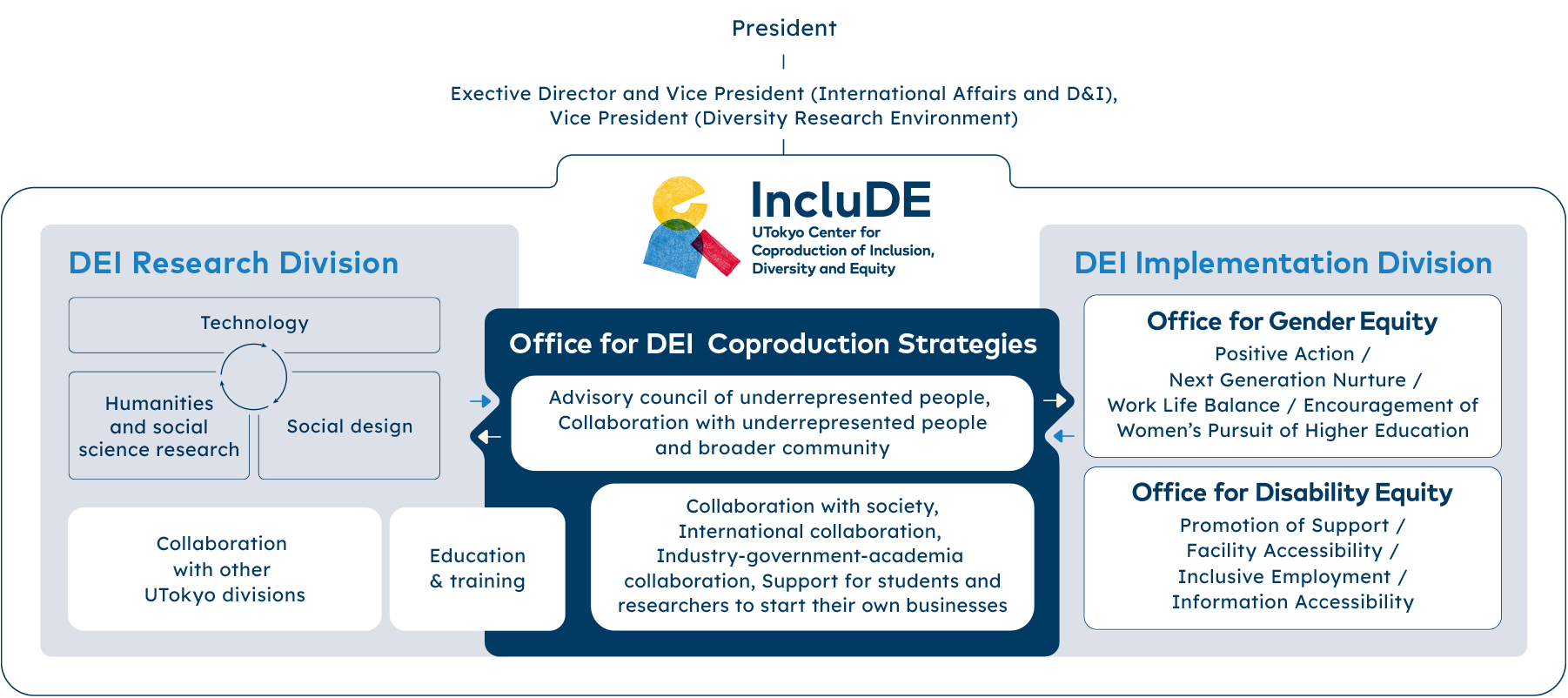

History


2003
2006

2007
2008
2009
2010
2011
2016
2018
2022
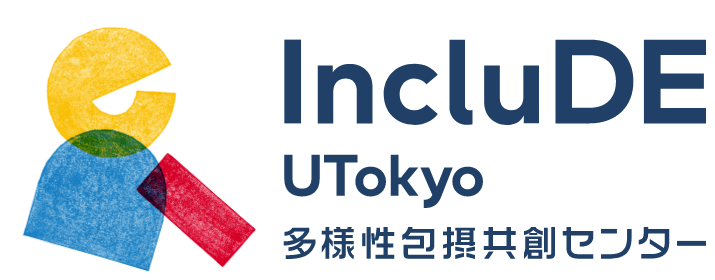

2002
2003
2004

2005
2006
2015
2016
2018
2022


2024